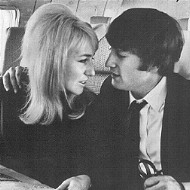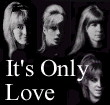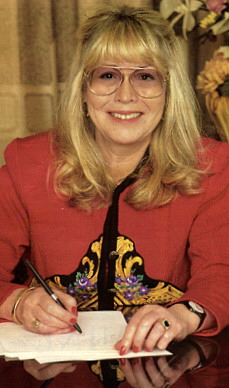
 |
|
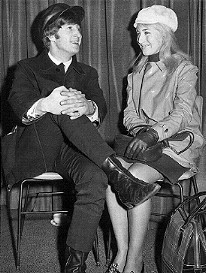 The lecture theatre was in chaos. The lecturer hadn't arrived yet, the students were retless and the boy in front of me was taking full advantage of the situation. Slouched arrogantly in his seat he cracked jokes, pulled faces and made loud wisecracks until the whole place was in uproar.
The lecture theatre was in chaos. The lecturer hadn't arrived yet, the students were retless and the boy in front of me was taking full advantage of the situation. Slouched arrogantly in his seat he cracked jokes, pulled faces and made loud wisecracks until the whole place was in uproar.
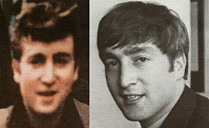
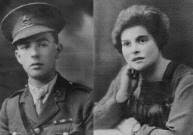

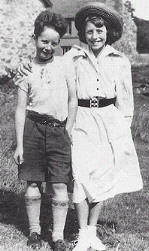
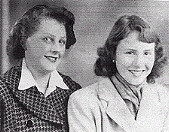
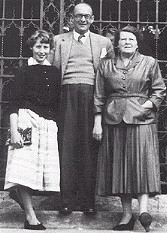
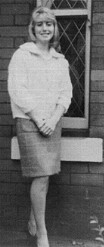
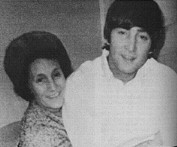
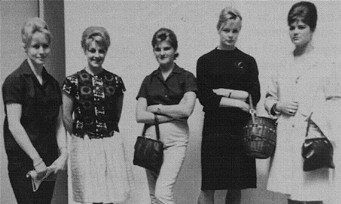
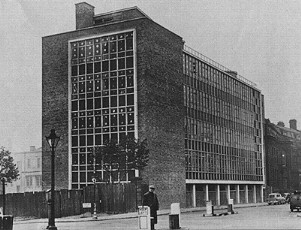
|
NEXT WEEK: We fall in love. The Beatles are created and take Hamburg by storm. And I discover I'm pregnant. |
